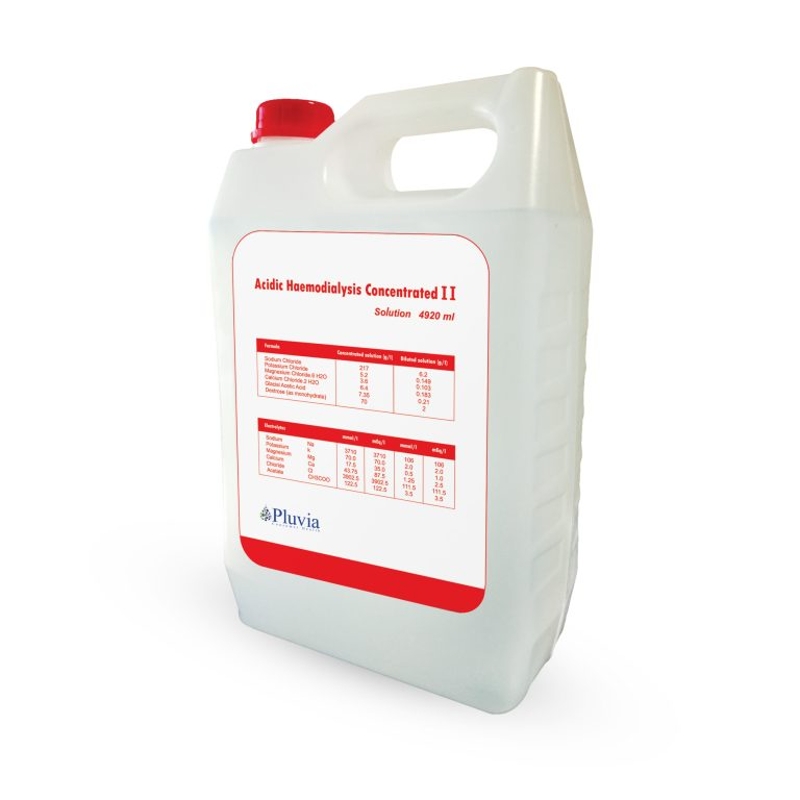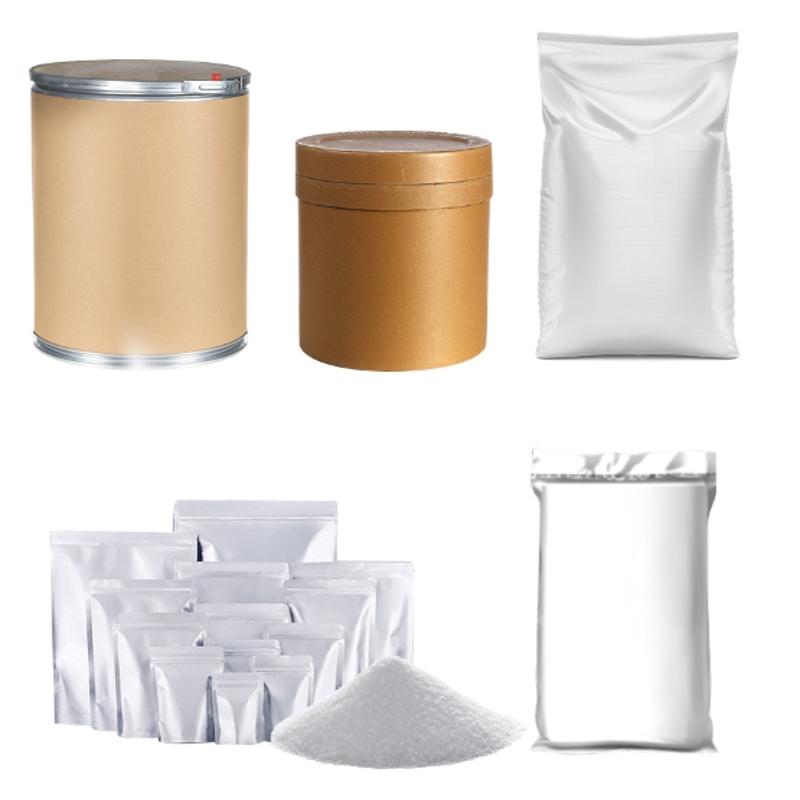-
Categories
-
Pharmaceutical Intermediates
-
Active Pharmaceutical Ingredients
-
Food Additives
- Industrial Coatings
- Agrochemicals
- Dyes and Pigments
- Surfactant
- Flavors and Fragrances
- Chemical Reagents
- Catalyst and Auxiliary
- Natural Products
- Inorganic Chemistry
-
Organic Chemistry
-
Biochemical Engineering
- Analytical Chemistry
- Cosmetic Ingredient
-
Pharmaceutical Intermediates
Promotion
ECHEMI Mall
Wholesale
Weekly Price
Exhibition
News
-
Trade Service
On February 11-13, 2021, local time in the United States, the American Society of Clinical Oncology Annual Meeting of Urogenital Tumors (ASCO GU) was held online.
During the meeting, in the oral presentation session, the EV-201 study cohort 2 announced the results of the study.
The details are as follows: Background: patients with locally advanced or metastatic urothelial cancer (la/mUC) who are not suitable for cisplatin and who have not received platinum therapy After PD-1/L1 inhibitor treatment progresses, the prognosis is poor and there are few treatment options.
Enfortumab vedotin (EV) is an antibody-drug conjugate targeting Nectin-4, an immunoglobulin-like cell adhesion molecule highly expressed in UC.
EV-201 (NCT03219333) is a pivotal single-arm, two-cohort study using EV therapy in patients with la/mUC.
Based on the data of cohort 1, EV has been approved by the US FDA for accelerated approval for use in adult patients with la/mUC who have previously received PD-1/L1 inhibitors and platinum-containing chemotherapy regimens.
At this conference, the researchers announced the main analysis results from cohort 2: the efficacy of EV therapy in la/mUC patients who have previously received PD-1/L1 inhibitors, are not suitable for cisplatin and have not received platinum therapy.
Methods: In this open-label, multi-center, multinational study, patients received 1.
25 mg/kg EV on days 1, 8 and 15 of each cycle (28-day cycle).
The primary endpoint was the confirmed objective response rate (ORR) as assessed by blinded independent center review (BICR) according to RECIST 1.
1.
The secondary endpoints are duration of remission (DOR), progression-free survival (PFS), overall survival (OS), and safety.
Results: As of September 8, 2020, cohort 2 enrolled 91 patients, of which 89 received treatment.
The patient was an elderly patient (median age: 75 years [range: 49-90]), and complications included moderate/severe renal insufficiency.
Patients with CrCl <60 mL/min (66%), ≥ Grade 2 hearing loss (15%), ECOG PS 2 (7%) or meeting the above criteria ≥ 1 item (12%) are not eligible to receive cisplatin at the beginning of the study treatment.
For 43% of patients, the primary tumor was in the upper urinary tract; 79% of patients had visceral metastases, of which 24% were liver metastases.
The median duration of treatment was 6.
0 months (range: 0.
3 – 24.
6).
The ORR confirmed by BICR was 52% (95% CI: 40.
8-62.
4), and the complete response rate (CR) was 20%.
The mDOR was 10.
9 months (95%CI: 5.
8-NR).
mPFS and mOS were 5.
8 months (95% CI 5.
0-8.
3) and 14.
7 months (95% CI 10.
5-18.
2), respectively.
The most common treatment-related adverse events (AE) of all grades were alopecia (51%), peripheral neuropathy (47%), and fatigue (34%).
Treatment-related AEs of particular concern include skin rash (61% for all grades, 17% for grade ≥3), peripheral neuropathy (54% for all grades, 8% for grade ≥3), and hyperglycemia (10% for all grades, 6% for grade ≥3 ).
The researchers reported 4 treatment-related deaths, all of which occurred in patients ≥75 years of age with multiple comorbidities: 3 deaths (acute kidney injury, metabolic acidosis, and multiple organ dysfunction syndrome) occurred Among patients with a BMI ≥ 30 within 30 days of the first EV dose, one death (pneumonia) occurred 30 days after the last dose.
Conclusion: In the EV-201 study cohort 2, most of the patients with PD-1/L1 inhibitors who were not suitable for cisplatin and did not receive platinum-based treatment of la/mUC who had progressed in the treatment of the EV-201 had a long-lasting response to EV, including 1 Out of 5 patients achieved CR, the results of PFS and OS are encouraging.
In patients with advanced malignancies and comorbidities, the safety of EV is consistent with previous reports.
These data indicate that after the progress of PD-1/L1 inhibitors, EV can be used as one of the potential non-platinum drug candidates.
Reference: EV-201 Cohort 2: Enfortumab vedotin in cisplatin-ineligible patients with locally advanced or metastatic urothelial cancer who received prior PD-1/PD-L1 inhibitors.
Abstract 394
During the meeting, in the oral presentation session, the EV-201 study cohort 2 announced the results of the study.
The details are as follows: Background: patients with locally advanced or metastatic urothelial cancer (la/mUC) who are not suitable for cisplatin and who have not received platinum therapy After PD-1/L1 inhibitor treatment progresses, the prognosis is poor and there are few treatment options.
Enfortumab vedotin (EV) is an antibody-drug conjugate targeting Nectin-4, an immunoglobulin-like cell adhesion molecule highly expressed in UC.
EV-201 (NCT03219333) is a pivotal single-arm, two-cohort study using EV therapy in patients with la/mUC.
Based on the data of cohort 1, EV has been approved by the US FDA for accelerated approval for use in adult patients with la/mUC who have previously received PD-1/L1 inhibitors and platinum-containing chemotherapy regimens.
At this conference, the researchers announced the main analysis results from cohort 2: the efficacy of EV therapy in la/mUC patients who have previously received PD-1/L1 inhibitors, are not suitable for cisplatin and have not received platinum therapy.
Methods: In this open-label, multi-center, multinational study, patients received 1.
25 mg/kg EV on days 1, 8 and 15 of each cycle (28-day cycle).
The primary endpoint was the confirmed objective response rate (ORR) as assessed by blinded independent center review (BICR) according to RECIST 1.
1.
The secondary endpoints are duration of remission (DOR), progression-free survival (PFS), overall survival (OS), and safety.
Results: As of September 8, 2020, cohort 2 enrolled 91 patients, of which 89 received treatment.
The patient was an elderly patient (median age: 75 years [range: 49-90]), and complications included moderate/severe renal insufficiency.
Patients with CrCl <60 mL/min (66%), ≥ Grade 2 hearing loss (15%), ECOG PS 2 (7%) or meeting the above criteria ≥ 1 item (12%) are not eligible to receive cisplatin at the beginning of the study treatment.
For 43% of patients, the primary tumor was in the upper urinary tract; 79% of patients had visceral metastases, of which 24% were liver metastases.
The median duration of treatment was 6.
0 months (range: 0.
3 – 24.
6).
The ORR confirmed by BICR was 52% (95% CI: 40.
8-62.
4), and the complete response rate (CR) was 20%.
The mDOR was 10.
9 months (95%CI: 5.
8-NR).
mPFS and mOS were 5.
8 months (95% CI 5.
0-8.
3) and 14.
7 months (95% CI 10.
5-18.
2), respectively.
The most common treatment-related adverse events (AE) of all grades were alopecia (51%), peripheral neuropathy (47%), and fatigue (34%).
Treatment-related AEs of particular concern include skin rash (61% for all grades, 17% for grade ≥3), peripheral neuropathy (54% for all grades, 8% for grade ≥3), and hyperglycemia (10% for all grades, 6% for grade ≥3 ).
The researchers reported 4 treatment-related deaths, all of which occurred in patients ≥75 years of age with multiple comorbidities: 3 deaths (acute kidney injury, metabolic acidosis, and multiple organ dysfunction syndrome) occurred Among patients with a BMI ≥ 30 within 30 days of the first EV dose, one death (pneumonia) occurred 30 days after the last dose.
Conclusion: In the EV-201 study cohort 2, most of the patients with PD-1/L1 inhibitors who were not suitable for cisplatin and did not receive platinum-based treatment of la/mUC who had progressed in the treatment of the EV-201 had a long-lasting response to EV, including 1 Out of 5 patients achieved CR, the results of PFS and OS are encouraging.
In patients with advanced malignancies and comorbidities, the safety of EV is consistent with previous reports.
These data indicate that after the progress of PD-1/L1 inhibitors, EV can be used as one of the potential non-platinum drug candidates.
Reference: EV-201 Cohort 2: Enfortumab vedotin in cisplatin-ineligible patients with locally advanced or metastatic urothelial cancer who received prior PD-1/PD-L1 inhibitors.
Abstract 394







